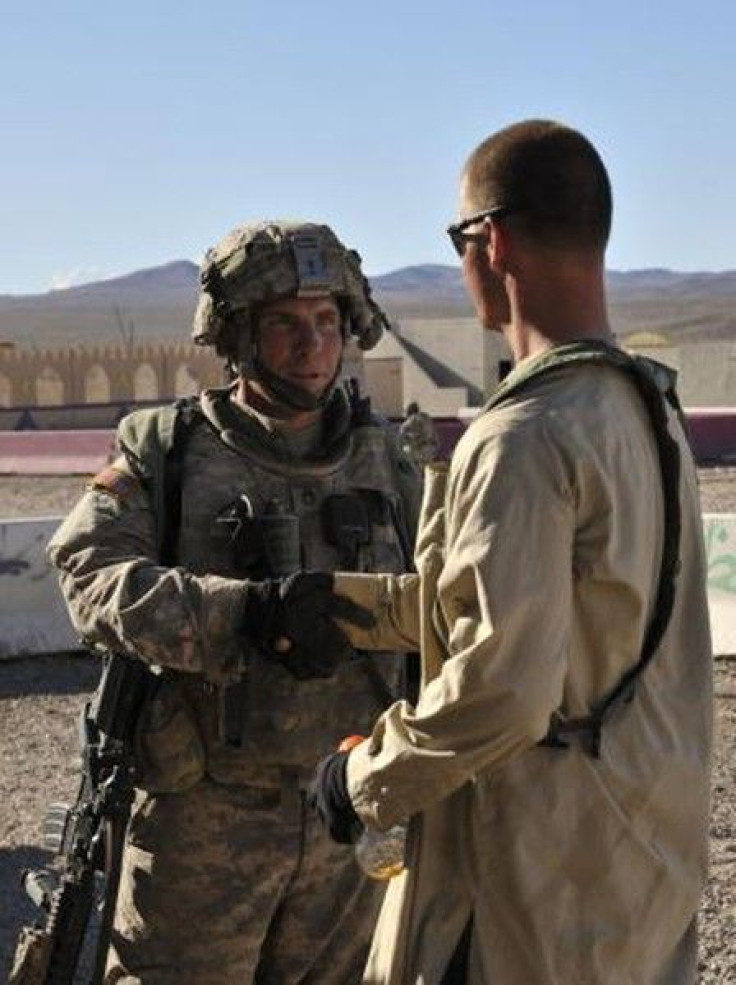Afghan Shooting: Accused Robert Bales Defense Team And Prosecution Run Into Road Blocks In Case

The attorney representing Sgt. Robert Bales, the American soldier accused of killing 17 Afghan civilians, said that he believes the government is intentionally hiding evidence from the defense team. However, the prosecution is running into it's own roadblocks.
John Henry Browne said that the government has yet to turn over their files to lawyers defending Bales. The defense team claims that the government is intentionally doing this in order for witnesses to scatter around the country, reported the Associated Press.
It's outrageous, Browne said. What they are basically doing is hiding evidence. The only reason to hide evidence is if you don't have evidence.
The defense team reportedly attempted to interview wounded Afghanis, but were denied access. They were told to work with prosecutors in order to arrange a time. However, Browne said that members of the defense team discovered the individuals were released before any interviews took place and no contact information was provided to them.
Browne said the team was denied access to medical records as well as a surveillance blimp that reportedly showed Bales the night of the shooting.
This is just going to be an uphill battle, said Dan Conway, a military attorney, who represented soldiers convicted in killings of Afghan civilians in 2010. Conway, however, said the government does not appear to be doing anything wrong. He said prosecutors are not required to provide evidence or coordinate interviews.
Interviewing witnesses could potentially help strengthen the defense team's case. They could talk with people unable to identify Bales or interview people who potentially saw two shooters.
If they want to talk to those witnesses, they're going to have to get an investigator and probably go to the village and talk to civilians themselves, Conway said.
However, the prosecution is also having problems, too They military is having difficulty accessing the site where the civilians were killed, reported CNN. Military personal have been unable to collect evidence from any of the crime scenes, although DNA may have been received from Afghani investigators.
We do not have access to the crime scene, said the U.S. official, who has knowledge of the investigation, told CNN.
Browne, however, said this is not a traditional crime scene and the prosecution will have difficulty proving their case.
There is no crime scene, said Browne. The military has not even been back to the villages where this allegation stems from. They haven't been back there. So there's no crime scene, there's no DNA, there's no fingerprints, there's no confession.
Military officials said Bales was drinking heavily on his Afghanistan base when he left in the middle of the night and allegedly killed 17 Afghanistan civilians on March 11. He is being held at a U.S. military prison at Fort Leavenworth, Kan.
© Copyright IBTimes 2024. All rights reserved.











